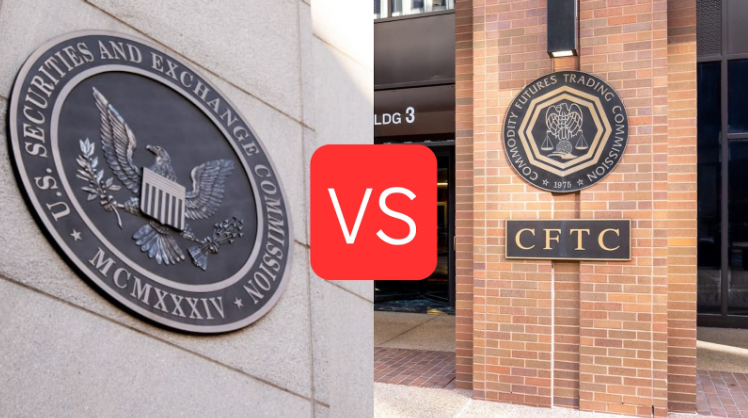In a revealing interview with Decrypt, Coinbase CEO Brian Armstrong has shed light on the protracted battle between the cryptocurrency exchange giant and the U.S. Securities and Exchange Commission (SEC). The heart of the matter lies in the SEC’s persistent inability to define which cryptocurrencies fall under the umbrella of securities. This conundrum has spanned a year and a half and 30 meetings.
Table of Contents,
Cryptocurrency Classification Limbo: A Regulatory Quagmire

The crux of Armstrong’s revelation revolves around the SEC’s ambiguity regarding classifying cryptocurrencies. Despite a staggering 30 meetings between the Coinbase team and SEC representatives over 18 months, the regulatory body has failed to provide a clear delineation. This lingering uncertainty has left Coinbase and other industry players grappling with the question of which cryptocurrencies the SEC deems as securities and which ones it does not.
You can read the full interview published by Decrypt here.
Turf War Tensions: SEC VS CFTC

Armstrong posits that beneath the surface of this regulatory quagmire lies a turf war between the SEC and the Commodity Futures Trading Commission. While the SEC attempts to exert influence and regulate cryptocurrencies, it operates in a jurisdictional gray area where it may lack explicit authority. The clash with the CFTC, which traditionally oversees commodity-related matters, adds a layer of complexity to the regulatory landscape.
30 Meetings, No Clarity: The Prolonged Regulatory Stalemate
The staggering number of meetings—30 in total—underscores the gravity of the situation. Despite the frequent interactions between Coinbase and the SEC, the absence of clear guidelines on cryptocurrency classifications leaves the industry in a prolonged state of regulatory limbo. This lack of resolution not only hinders the growth and development of cryptocurrency markets but also fosters an environment of uncertainty for industry participants.
Armstrong’s Perspective: A Jurisdictional Struggle Unveiled
Brian Armstrong’s perspective on the matter illuminates the intricate dynamics at play. He contends that the SEC, driven by a desire to regulate cryptocurrencies, grapples with a jurisdictional struggle, attempting to extend its influence without a clear mandate. This struggle, as exposed by Armstrong, raises questions about the regulatory authority of the SEC in a rapidly evolving crypto landscape.
As Coinbase and the SEC remain entrenched in this regulatory stalemate, the broader cryptocurrency industry watches closely. The lack of clarity on cryptocurrency classifications poses challenges for exchanges, projects, and investors alike. Navigating the road ahead involves not only resolving the jurisdictional tussle but also establishing a regulatory framework that accommodates the unique nature of cryptocurrencies.
The Ripple Effect of Regulatory Ambiguity
The ongoing saga between Coinbase and the SEC reveals the intricate dance of regulators in a space where traditional boundaries blur. The unresolved cryptocurrency classification battle serves as a poignant example of the challenges inherent in adapting existing regulatory frameworks to the dynamic world of crypto.
As the industry grapples with the ripple effect of regulatory ambiguity, the need for clear guidelines becomes more pronounced, setting the stage for a pivotal chapter in the ongoing dialogue between crypto innovators and regulatory authorities.
Explore our other stories! Discover Deutsche Post’s Crypto Stamp.



